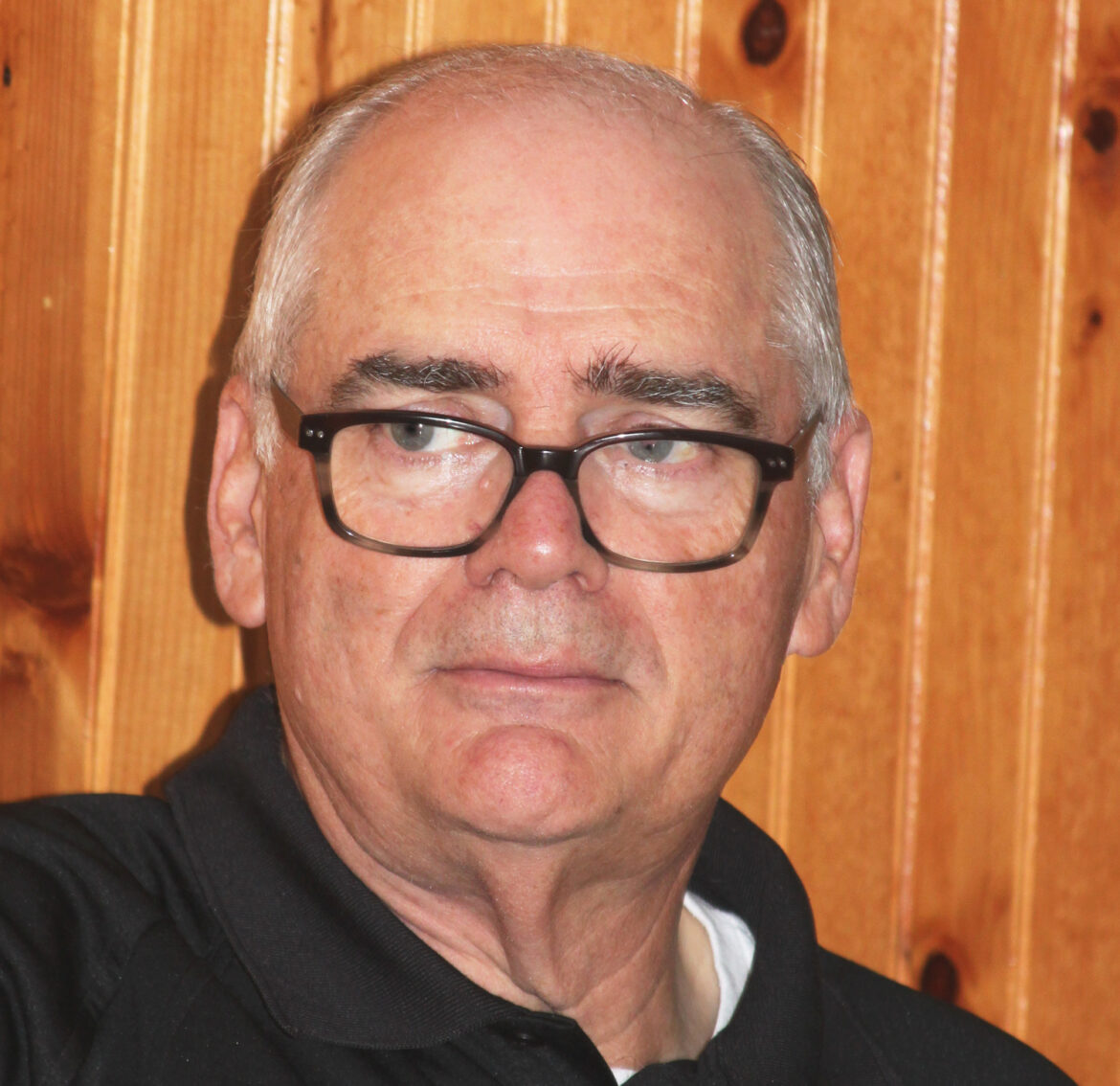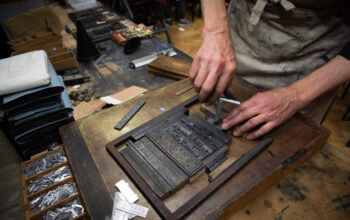“This is the eleventh hour,” Tom said that morning in Chapel Hill. My student and a classmate–Community Journalism 301–needed to pay $500 for his University of North Carolina final semester’s tuition.
Tom arrived at my 1972 teaching assistant office (I was a Ph.D candidate) seeking a loan. He knew I owned half interest in a Texas semi-weekly. I didn’t say no, but suggested he might indenture himself—go to work at his hometown newspaper if the publisher would make him the loan.
“Not likely,” Tom said because his grandmother wrote scathing letters to the newspaper publisher and editor.
Try anyway, I suggested. When Tom left the office I called the publisher Howard White, whom I had met. Told him of Tom’s need and said I would anonymously pay half of the loan.
“But Tom told me he was doubtful you would help because his grandmother wrote mean letters that you published.”
White laughed. “Tom’s grandmother and grandfather loaned me money so I could finish college.”
Tom got the loan. But the Carolina publisher didn’t have an opening for a graduating journalist. Fred Barbee in El Campo, Texas needed a reporter. Tom later became our editor. Married Polly whose father said we weren’t paying enough. Father-in-law helped Tom get a Houston broker’s job at Merrill-Lynch where he managed my account. We talked often, even considered writing historical fiction together.
Tom Kraycirik died this October.
Some newspaper writers signify the end of their copy with -30-, a custom left from the days many journalists filed by telegraph.



